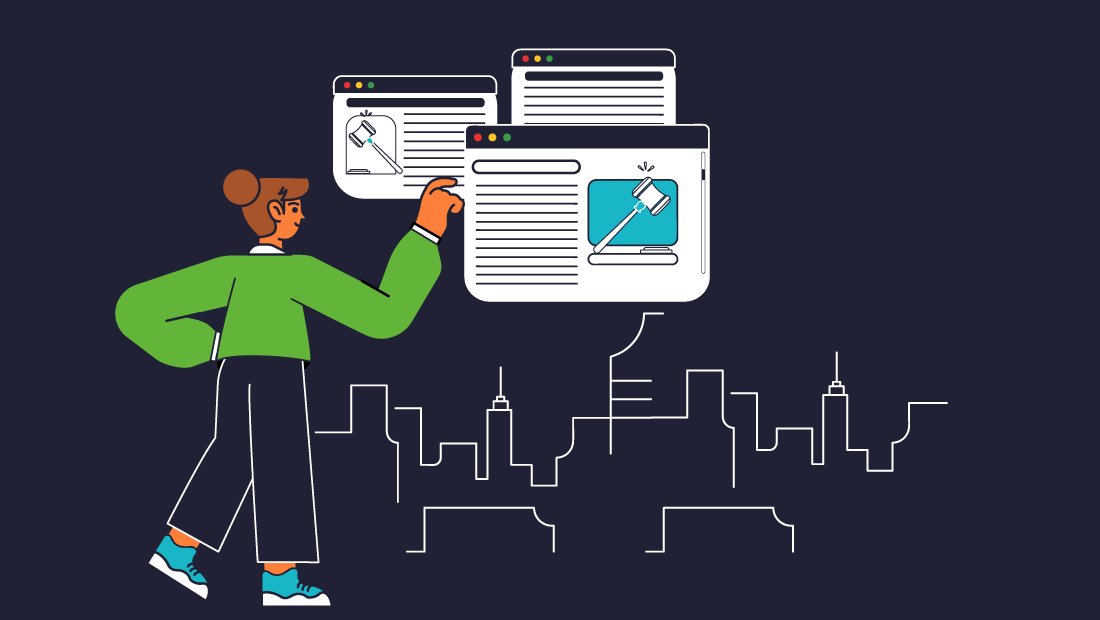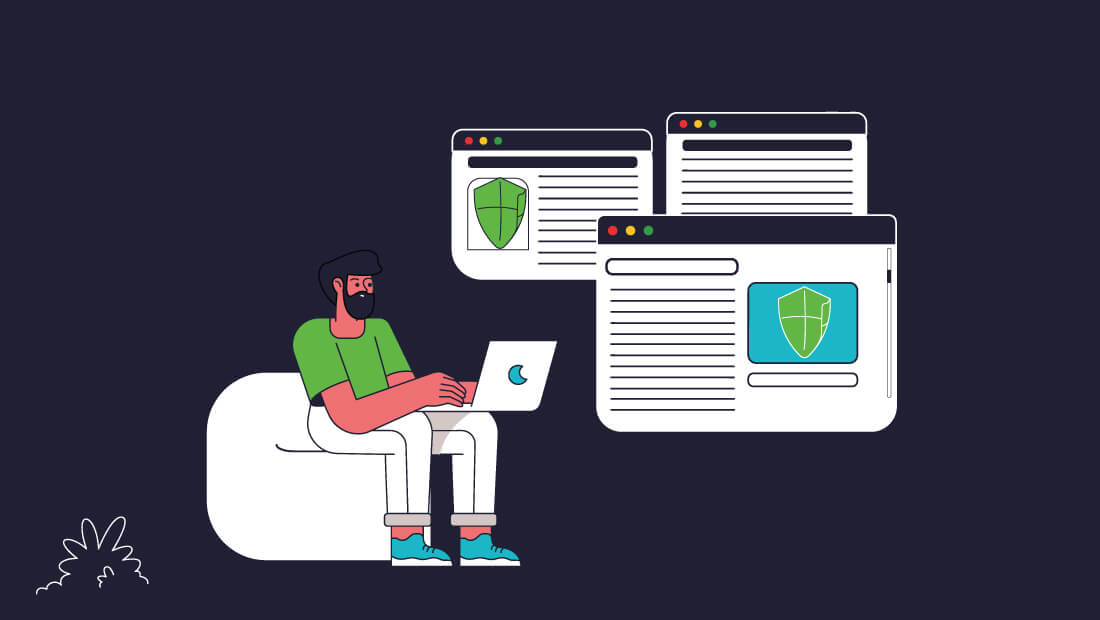Compiled by Sir Tim Berners-Lee's World Wide Web Foundation, it ranked both the social and political impact of the web.
It found that only one in three people are using the web globally and fewer than one in six in Africa. It highlighted censorship and high broadband prices as barriers to a "web for all". Using data from the past five years, it scored nations in seven different categories.
These were: communications infrastructure - the state and availability of web-enabling infrastructure; institutional infrastructure - education, laws, regulation and censorship; web content - what relevant and useful content is available; web use - the extent to which the web is used in a country; political impact; economic impact and social impact.
According to the index, Iceland has the greatest web use, with 95% of its population online.
Ireland, which overall ranked 10th, gained the highest score for economic impact with 14.8% of its gross domestic product coming from ICT service exports between 2007 and 2010. Yemen came bottom of the index in three categories, including social and economic impact of the web.
Sir Tim Berners-Lee explained why he thought such an index was important: "By shining a light on the barriers to web for everyone, the index is a powerful tool that will empower individuals, government and organisations to improve their societies."
Source: BBC News









